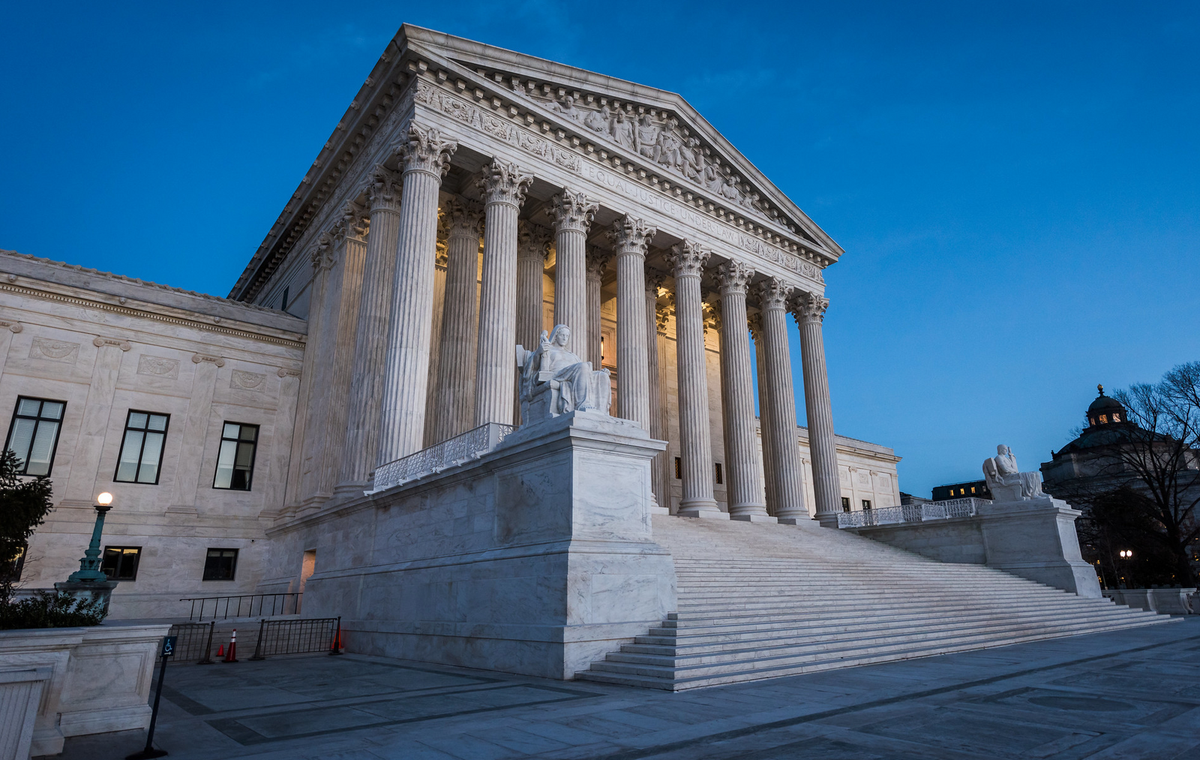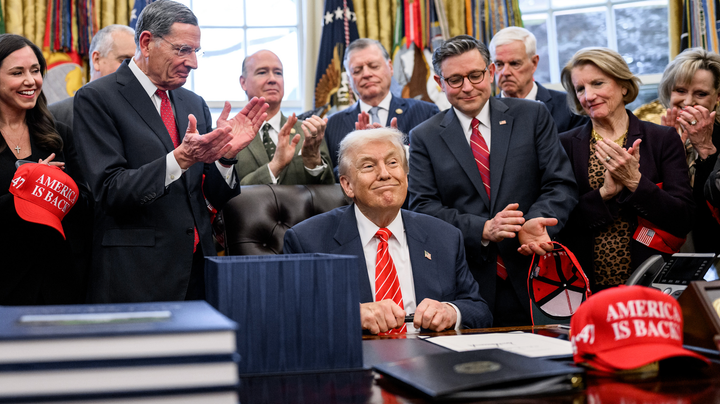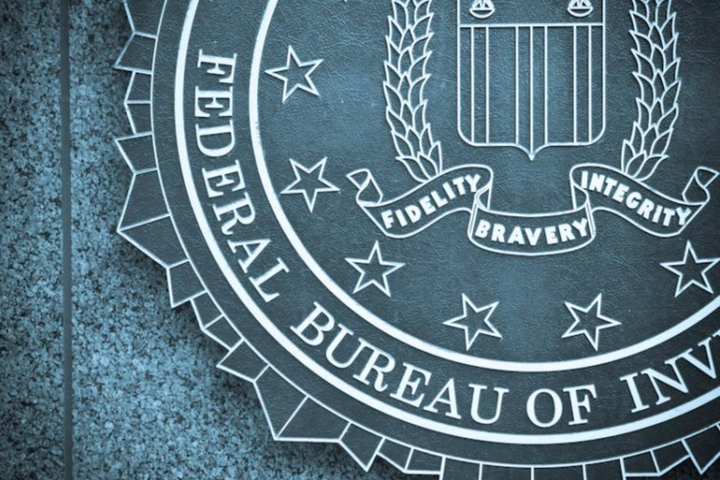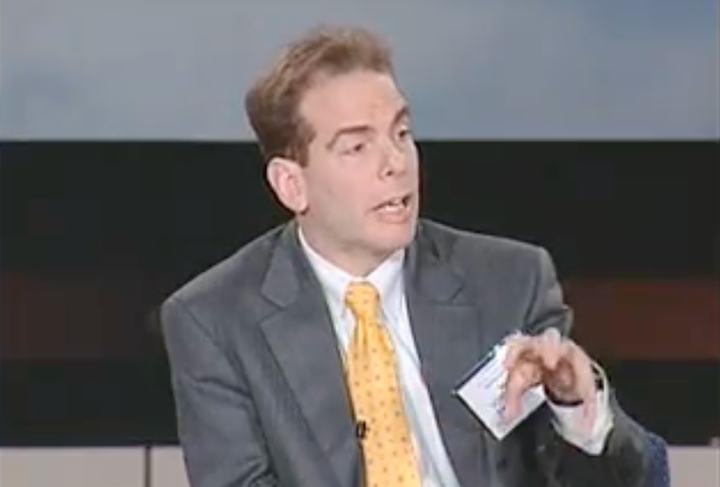FBI Whistleblower Responds To US Supreme Court Decision Allowing No-Fly List Lawsuit

Support independent journalism on whistleblowing, government secrecy, and press freedom. Become a subscriber of The Dissenter.
In a unanimous decision on March 19, the United States Supreme Court ruled that a Muslim American, who was put on the no-fly list after he refused to become an FBI informant, may pursue a lawsuit against the U.S. government.
Yonas Fikre alleges that U.S. officials directed the United Arab Emirates to detain him. He was tortured, and later, Fikre tried to fly out of Sweden and was not permitted because his name was on the no-fly list. The Swedish government eventually flew Fikre back to Portland on a private jet.
To avoid a decision where the no-fly list could be declared unconstitutional, the government removed Fikre from the list. But the Supreme Court determined that delisting Fikre did not fully resolve his complaint.
The Council on American-Islamic Relations (CAIR), which filed the case on behalf of Fikre, called the decision a “historic milestone,” and CAIR attorney Gadeir Abbas said the ruling showed the “FBI cannot play whack-a-mole with the rights of Muslims.”
However, FBI whistleblower Terry Albury, who disclosed information on the FBI’s racial profiling, surveillance, and informant practices, was much more subdued in his reaction.
“I don’t know if it’s a victory,” Albury told The Dissenter. The FBI could always claim that they uncovered new information and put Fikre’s name back on the no-fly list.
The U.S. government has a watchlisting system with over a million names. Then there is the no-fly list that is a smaller subset of individuals.
Also, the FBI has a “selectee list” that Albury said is “used with greater frequency” because the legal standards for opening “preliminary investigations” are much lower. Anyone can feasibly be targeted with “perpetual surveillance.”
Fikre’s allegations stem from events that unfolded in 2010. His complaint was filed in 2013. Unlike CAIR’s pending lawsuit on behalf of Muslim Americans who were inappropriately placed on the watchlist, the complaint from Fikre did not ask a U.S. court to rule that the watchlisting system is unconstitutional. That limits the potential for this case to spark reform.
The complaint from Fikre did ask the court to issue an injunction barring the government from instigating or faciliating the torture of U.S. citizens in foreign countries and to prohibiting the government from preventing U.S. citizens "stateless" by placing them on the no-fly list when they are abroad.
According to Albury (and as CAIR would likely agree), there is “no mechanism for internal accountability” when it comes to watchlisting. The FBI hides behind classified information to shield the government from scrutiny for engaging in the racial or religious profiling of “completely innocent people.”
Agents take advantage of the fact that people do not want to miss their flight to coerce individuals into cooperating with them.
In Fikre's case, the government has not stated that Fikre is not a “threat to national security.” Even if Fikre ultimately prevails in his lawsuit, Albury contended that the FBI could accuse Fikre of “associating” with an individual on the watchlist. Or an informant working for the FBI could make some allegation that the bureau might then use to justify putting Fikre back on a terrorism watchlist.
It may be preferable for the FBI to place him on the selectee list instead of the no-fly list. Like one brief in the lawsuit described, the selectee list contains the names of people who the government subjects to “enhanced security screening before boarding an airplane.” Such placement would be harder for Fikre to challenge.
The Supreme Court’s decision sent the case back to a lower court to assess his claims and determine what relief should be granted for violations of his rights.
Justice Neil Gorsuch, who authored the opinion [PDF], wrote, “While the government’s representation that it will not relist Mr. Fikre may mean that his past conduct is not enough to warrant relisting, that does not speak to whether the government might relist him if he engages in the same or similar conduct in the future.”
Because the government refused to “repudiate its past conduct,” according to Gorsuch, it made no difference to the Supreme Court that Fikre was allegedly “delisted since 2016.” The government failed to demonstrate that its “future conduct” would not violate Fikre’s rights again.
FBI Director Christopher Wray previously invoked the Hamas attack on October 7 and Israel’s assault on Gaza to argue that the "global war on terrorism" is far from over.
“In recent months, we’ve seen a rogue’s gallery of foreign terrorist organizations call for attacks against Americans and our allies,” Wray told cadets at the U.S. Mlitary Academy at West Point.
Albury said this is the FBI saying that the bureau will “capitalize on the righteous anger” that Muslim communities have in order to “justify bolstering the counterterrorism budget.” They will increase investigations and “pursue anyone who shows ideological solidarity with the Palestinian people.”
If Fikre attended a pro-Palestinian protest, Albury agreed that it was possible that the FBI would cite his attendance as a reason for re-listing him.
For the FBI, it makes no difference if a court every so often orders the government to remove an individual from their watchlisting database. What matters more are lawsuits, like the one from CAIR, that challenges the entire system of watchlisting for violating the First, Fourth, and Fifth Amendment rights of U.S. citizens.
As Albury put it, the government’s “Ponzi scheme would be exposed” if a court ever ruled that the FBI’s watchlisting was unconstitutional. Agents would have to show “clear evidence for why someone warranted placement on the no-fly list or FBI selectee list"—something vehemently opposed by U.S. security agencies.




Comments ()